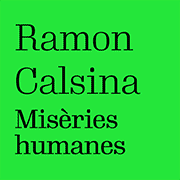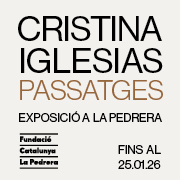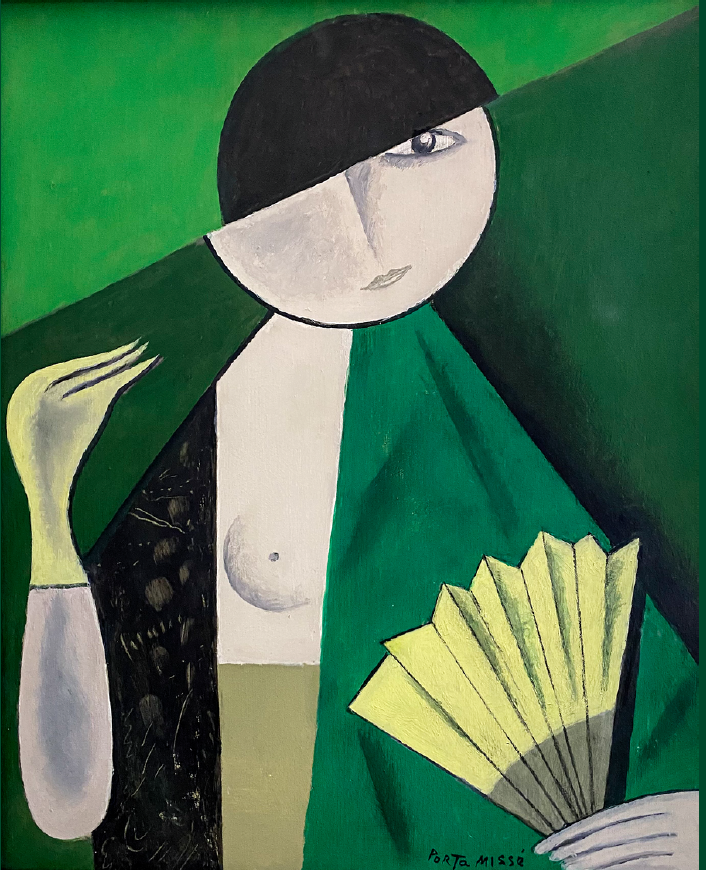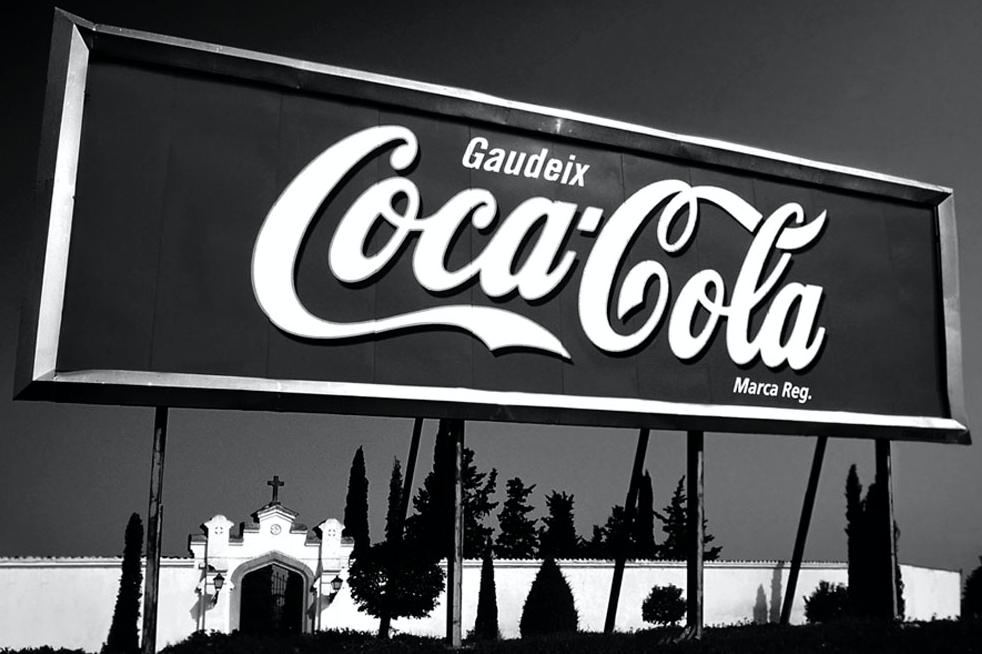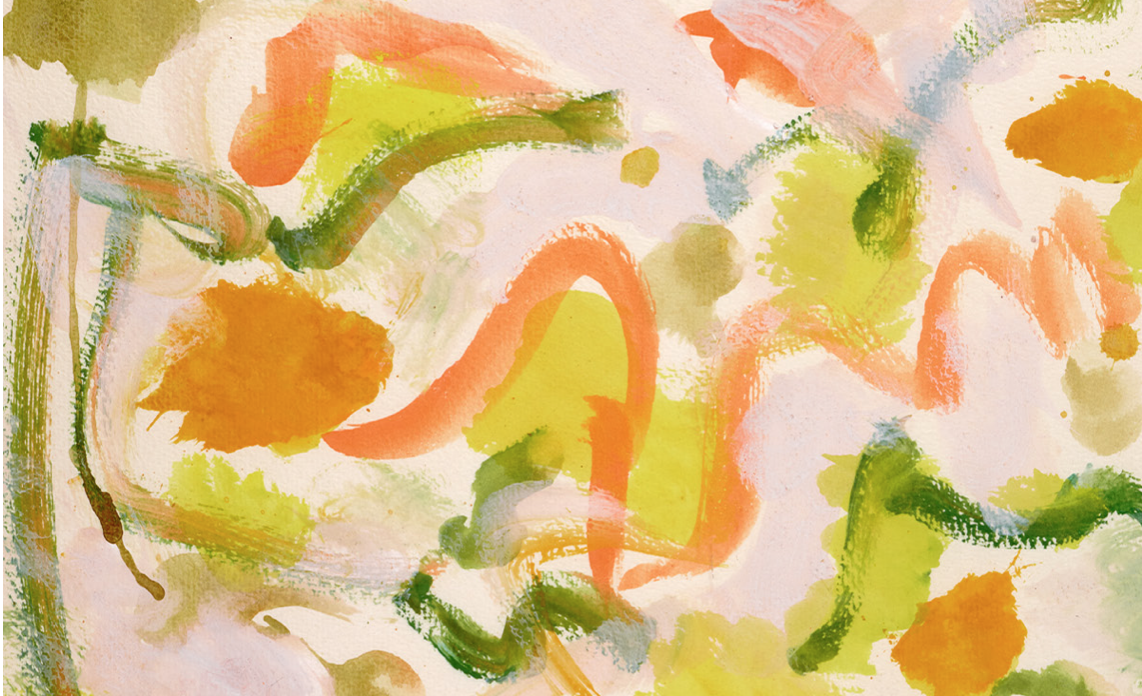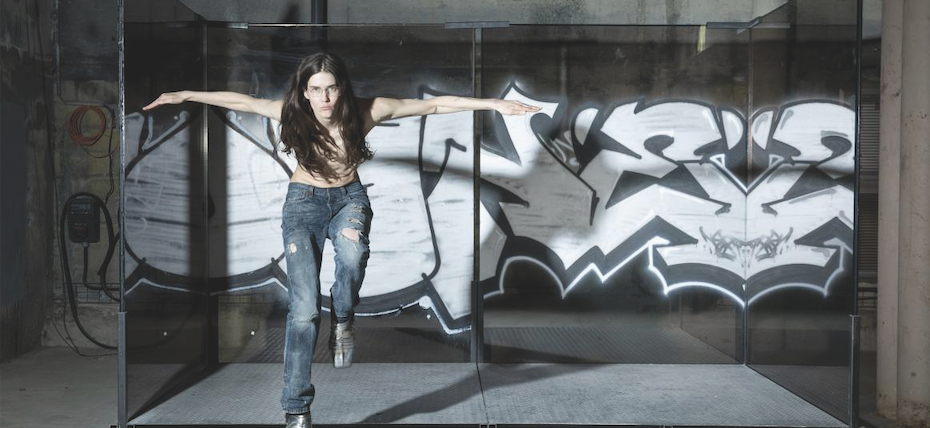Opinion
What do we want to do with Gaudí?
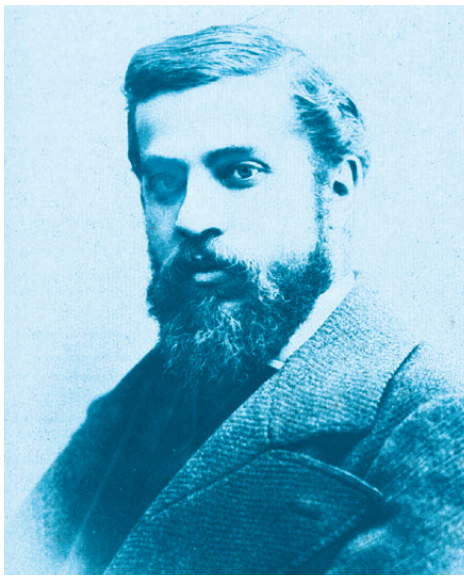
Gaudí was, and still is, "uncomfortable". We will never forgive him for not following the invisible rules for being a prestigious artist, as it should be, until he ends up under a tram with straps instead of the orthodox buttons, which forced Dr. Trias Maxenchs, his neighbor in the Park Güell, to go to the hospital where they had an "uncomfortable and apparently injured beggar" and which, fortunately for Gaudí, although too late, turned out to be an "uncomfortable doctor" who should have already, at this time , more than a doctoral thesis after his very interesting and forgotten professional life before the Civil War. Now the World Congress of the UIA, the International Union of Architects, is approaching in 2026 in Barcelona, coinciding with the 100th anniversary of this "uncomfortable" death of Gaudí.
The first reactions, and some previous articles, about its cultural heritage when it became known this world date do not convince me about the possible overcoming of this “discomfort”, but quite the opposite. Gaudí, who had the solid foundation of a great multifaceted artist and advanced in many artistic dimensions, is still used in a thousand ways to hide his true value, under a mountain of prejudices that do not allow him to see it, using the Sagrada Família as proof of a very limited mysticism, with an artistic critique far removed from what a good artist deserves from his country, Catalonia in this case, if I'm not mistaken.
What we should do in the years leading up to the sad anniversary of 2026 is to show the world that we are capable of explaining the worldwide success of his work on the cultural foundations of the latest scientific and artistic advances, from from the most contemporary philosophies to the sciences of artificial intelligence, to be able to stop thinking that the thousands of visual users who are enthusiastic about his works are ignorant and manipulated mass tourists, and not intelligent and sensitive human beings who understand and feel what we, out of laziness, are unable to explain.
Neither children nor artists are born and develop spontaneously, but they need an educational and cultural context in which to live and survive. Without it, they simply die. Autonomous and superior geniuses are a myth that only serves to hide the reasons for both their value and their "discomfort." Therefore, let us work on a good critique, and not only of Gaudí, and do not look for excuses for a bad payer.


